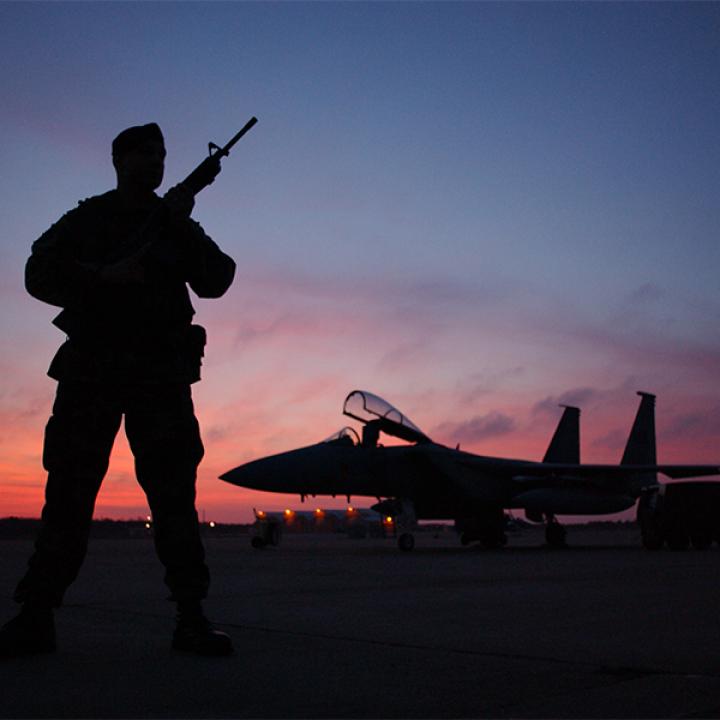
- Policy Analysis
- Articles & Op-Eds
Rethinking American Military Intervention in the Middle East

An in-depth look at how the United States can reverse its policy missteps and subpar performance in various regional conflicts, in large part by correcting its inadequate understanding of the operational environment.
The following is an excerpt from an item that originally appeared in the December 2016 issue of Defense Dossier. To read the full article, download the PDF.
Policymakers need to break with their binary way of thinking about "war and peace," "victory and defeat," and "regular and irregular" conflicts. This shift is essential to success in a region where the boundaries between these terms are often blurred, and where conflicts are likely to yield ambiguous outcomes. In particular, the United States has to recognize that its struggle against salafi-jihadist groups is likely to be a long-term one. Many of the most committed adherents to this ideology are in their teens and twenties, and will be around for decades to come. And while the military defeat of the Islamic State's army and the dismantling of its so-called caliphate is a necessary condition for victory, it is not sufficient. Rather, the ideology of the global salafi-jihadist movement must be discredited. The military defeat of the organizations that act in the name of this ideology is a first step in that direction. But the United States needs to understand the process by which extremist ideologies gain traction and then eventually lose their appeal, so that it may better influence this process.
Second, policymakers should stop seeking tactical and technological solutions (as embodied by the Defense Department's "third offset strategy") for politically driven conflicts -- such as the struggle against salafi-jihadist groups -- where technology, though critical, is less important than political and cultural savvy and sound geopolitical instincts...
Michael Eisenstadt is the Kahn Fellow and director of the Military and Security Studies Program at The Washington Institute.
Defense Dossier




